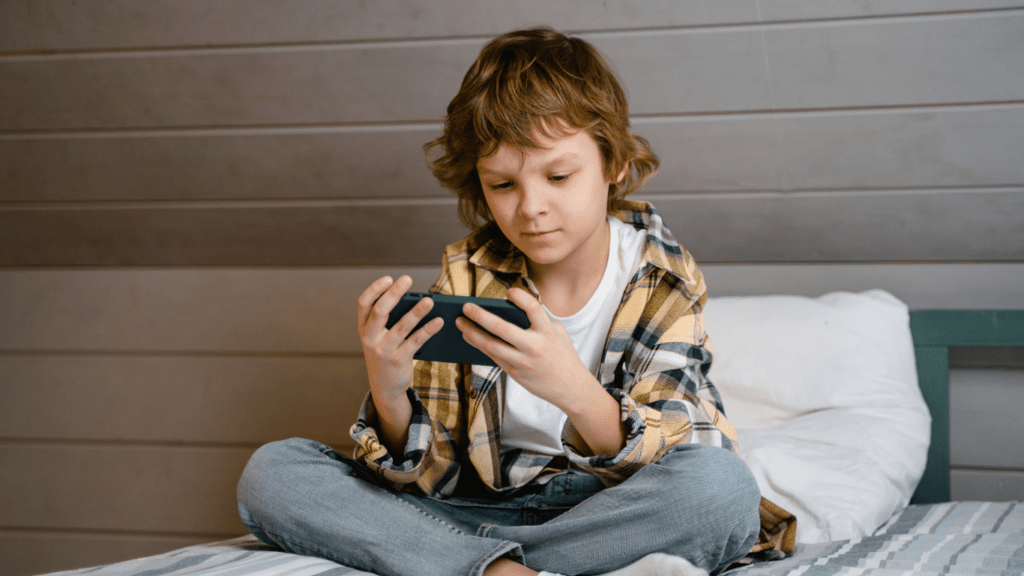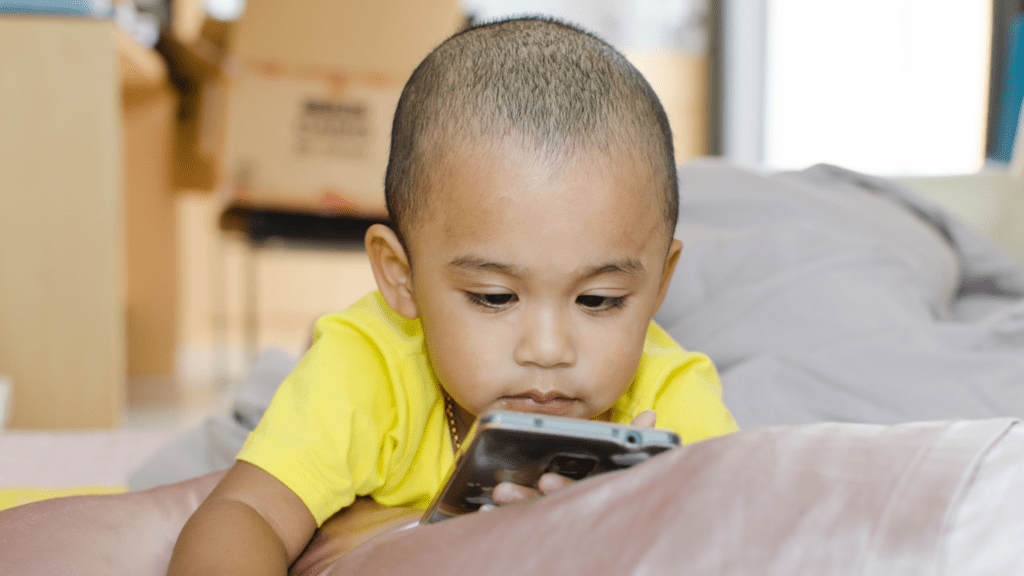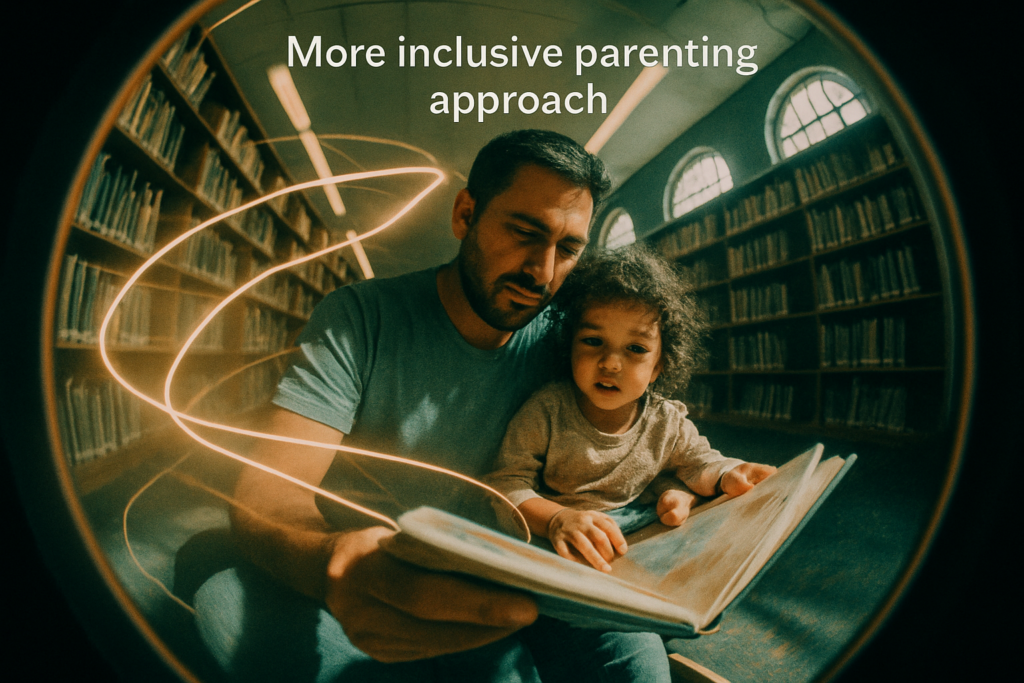Growing up in today’s digital age, I’ve witnessed firsthand the profound impact of social media on children’s mental well-being. From Instagram to TikTok, these platforms shape how kids perceive themselves and interact with the world around them. As a parent or educator, understanding the influence of social media on young minds is crucial in fostering a healthy digital environment.
In this article, I delve into the ways social media can affect children’s mental health, exploring both the positive and negative aspects. By examining the role of likes, comments, and comparison culture, I aim to shed light on the complexities of navigating social media in a child’s life. Join me as we uncover the trends, challenges, and solutions surrounding this pressing issue in today’s interconnected world.
Impact of Social Media on Children’s Mental Health
Exploring the influence of social media on children’s mental health is crucial in today’s digital era. It’s imperative for parents and educators to grasp how social platforms shape young minds to foster a positive online environment. Understanding the impact of social media involves delving into its dual effect on children’s mental well-being, focusing on elements such as likes, comments, and the prevalent culture of comparison.
Highlighting the ramifications of social media on the mental health of children unveils a myriad of complexities in navigating their digital lives. Acknowledging both the favorable and adverse effects of platforms can help address the challenges that arise. By recognizing the trends and patterns prevalent in the digital landscape, we can strive towards finding solutions to mitigate the negative repercussions of excessive social media exposure on children’s mental health.
Factors Contributing to Negative Influence
Discussing the factors that contribute to the negative influence of social media on children’s mental health is crucial in understanding the risks associated with their online presence.
Cyberbullying and its Effects
Cyberbullying, a prevalent issue in the digital realm, can have detrimental effects on children’s mental well-being. The anonymity and reach of social media platforms amplify the impact of cyberbullying, leading to increased stress, anxiety, and even depression among young individuals.
Unrealistic Body Image Standards
Social media perpetuates unrealistic body image standards through edited photos, influencers promoting unattainable beauty ideals, and constant comparison. This can contribute to poor self-esteem, body dissatisfaction, and the development of eating disorders among children and adolescents exposed to such content.
Positive Aspects of Social Media on Mental Health
Reflecting on the impact of social media on children’s mental health, I find it essential to acknowledge the positive aspects that can contribute to their overall well-being. Amid concerns and challenges, social media platforms also offer valuable benefits that can enhance mental health outcomes for young individuals.
Exploring the positive impact of social media reveals instances where it acts as a supportive community for children facing various mental health issues. Interaction with like-minded individuals, participation in mental health awareness campaigns, and access to online resources for coping strategies are crucial in fostering a sense of belonging and support.
Another positive aspect of social media on mental health is the potential for educational content dissemination. Platforms that focus on mental health awareness, positive psychology, and mindfulness techniques can equip children with valuable knowledge and skills to manage their emotional well-being effectively.
Moreover, social media serves as a platform for self-expression and creativity, allowing children to showcase their talents, share their thoughts, and engage in artistic endeavors. These outlets can boost self-esteem, encourage self-discovery, and provide avenues for creative expression that can positively impact mental health. For instance, children can explore storytelling and design skills by using an animator creator to bring their ideas to life through short animated clips or visual projects.
Despite the challenges and negative influences associated with social media, it is vital to recognize and leverage the positive aspects it offers in promoting children’s mental health. By fostering supportive communities, disseminating educational content, and encouraging self-expression, social media can be a powerful tool in enhancing the overall well-being of young individuals.
Strategies to Promote Healthy Social Media Usage in Children
In promoting healthy social media usage in children, I recommend implementing the following strategies:
- Parental Guidance: Parents should actively participate in their children’s online activities by setting guidelines, discussing appropriate content, and being aware of their overall digital behavior.
- Educational Programs: Schools can incorporate educational programs that focus on digital literacy, online safety, and understanding the impact of social media on mental health.
- Open Communication: Encouraging open dialogue about social media with children can help them express concerns, seek advice, and navigate challenges they may encounter online.
- Setting Boundaries: Establishing clear boundaries on screen time, usage of social media platforms, and privacy settings can foster a balanced approach to digital engagement.
- Promoting Digital Detox: Encouraging periodic breaks from social media activities can help children reduce screen time, focus on real-world interactions, and alleviate potential negative effects on mental health.
- Role Modeling: Setting a positive example by demonstrating healthy social media habits and mindful technology use can influence children to adopt similar behaviors.
- Support Networks: Creating support networks within families, schools, and communities can provide resources and guidance for children facing challenges related to social media use.
By incorporating these strategies, we can cultivate a positive and healthy relationship between children and social media, promoting their mental well-being in the digital age.






